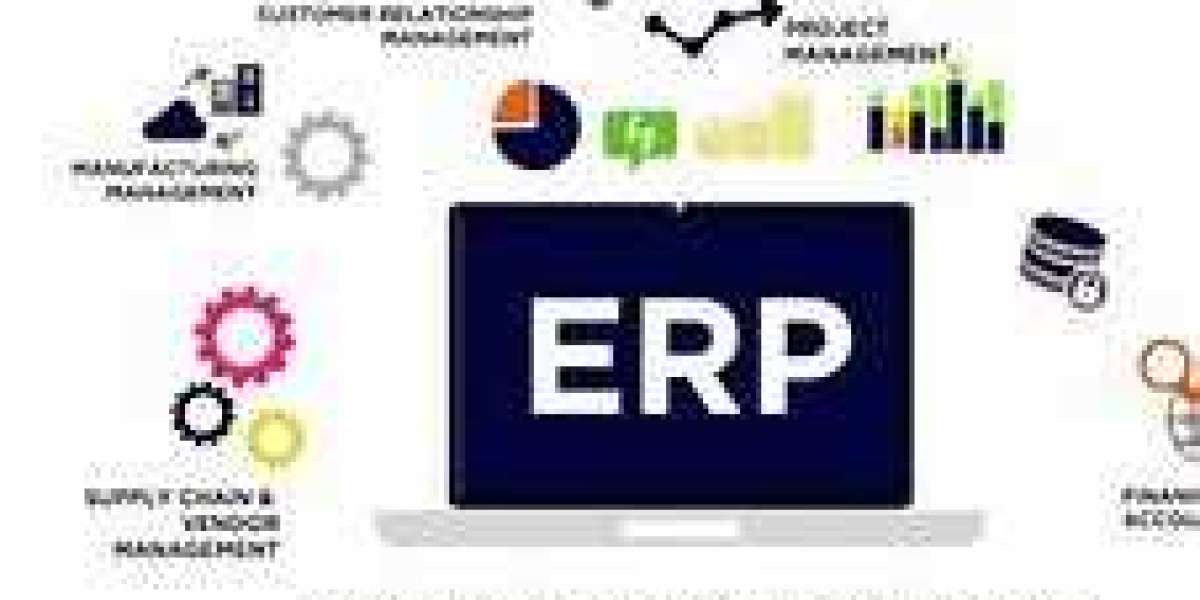What's your problem? - Part 1
ERP data management allows employees to be at their best at all times. The key is to find a solution that gives users the information they need to make the right decisions.
In modern business, applying analytical data to decision-making is becoming critical. When managers, supervisors, and executives make decisions, they need the right data at the right time. In the absence of supporting information, organizations end up betting on the outcome of the choices they make. For example, supplier selection can add great value when companies understand how these vendors work, but it can lead to significant complexity and loss if relationships sour. Having the right data when making a choice is invaluable.
Transform the way organizations collect and use data
We have already mentioned that vendor management is an area where providing timely data to users is very important, and the benefits become clearer when you dig deeper. First, let's look at how suppliers manage purchase requests in a traditional environment:
The user sends an email to the vendor asking them to bid on the purchase request
Suppliers compile details of prices, available goods, and similar questions
When the supplier plans to deliver the item
If there is any problem, the user needs to follow up with the supplier manually
ERP allows organizations to create custom, role-based dashboards that integrate with a variety of information systems, portals, and BI solutions
With an ERP data management system like this, the process looks very different:
The user sets the purchase order in the vendor portal
Relevant suppliers were notified
Suppliers can automatically update their bids in ERP
Shipping updates in ERP to provide end-to-end visibility into orders
With this simple data transfer between purchasing managers and suppliers, everyone has the data they need to make timely decisions. Since all the data in the ERP can be captured in the report. For example, a purchasing manager can quickly view a supplier's key performance indicators before making any decision, eliminating any concerns about the performance of a particular order.
ERP Data management brings data into the dashboard
As we just highlighted, passing data to a dashboard allows users to quickly view key information and help them make choices. The problem is that many systems limit what users can access on their dashboards. ERP data management allows organizations to create custom, role-based dashboards that integrate with a variety of information systems, portals, and business intelligence solutions. As a result, users always get the information they need most conveniently, making it easier to make the right decision at any time.
Search
Popular Posts
-
 What Makes WOL3D Coimbatore Your Best Choice for 3D Printer Filament Online?
What Makes WOL3D Coimbatore Your Best Choice for 3D Printer Filament Online?
-
 Explore Creativity with WOL3D Coimbatore's Best 3D Printers in Kerala
Explore Creativity with WOL3D Coimbatore's Best 3D Printers in Kerala
-
 Implement at least 2 hours of sports activities every day
By jessicp
Implement at least 2 hours of sports activities every day
By jessicp -
 The national operator is obliged to formulate the terms
By jessicp
The national operator is obliged to formulate the terms
By jessicp -
College Essay Conclusion: Tips for Writing One!
By cloudebaker



